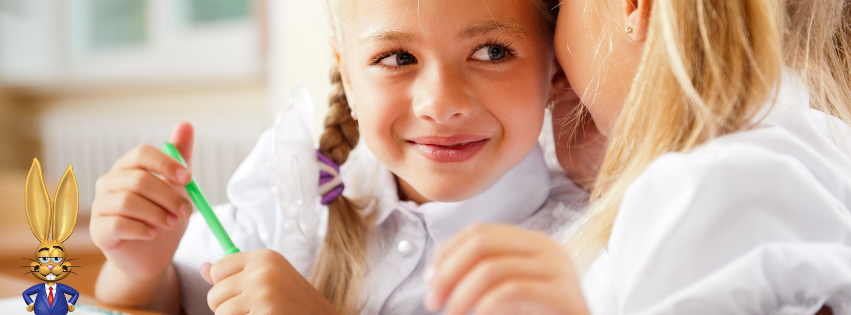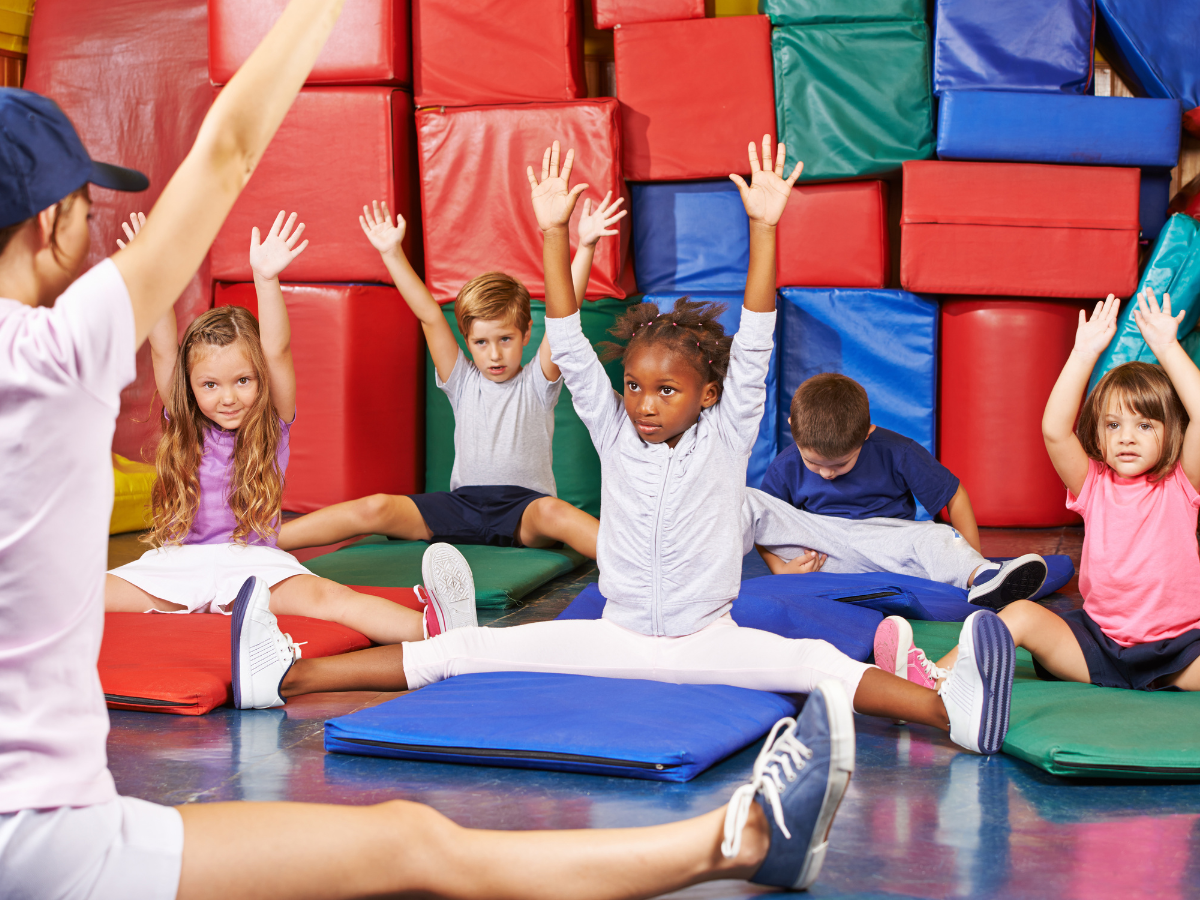If you’re around kids at all, you’ve witnessed the scene of your son or daughter coming home with requests of purchases of specific items because so-and-so has one. This could be a jacket, a backpack and lunch bag or a t-shirt. It really doesn’t matter what it is, if your little one is fixed on it, you’re not going to hear about much else.
The item your child had prior to that day was just fine – in fact – your child probably picked it out excitedly and couldn’t wait to use it. Until he or she saw the one belonging to so-and-so. (Don’t parents just love ol’ so-and-so?) Enter peer pressure of the kindergarten variety.
If you were thinking you weren’t going to have worries about peer pressure manifesting itself into reality until at least 7th grade and maybe not until high school, think again. It’s very common to see peer pressure happening in kindergarten.
It’s amazing that those same kids who still need to hold mommy’s hand to cross the street are forcing others to comply with their preferences – or else. It seems that when kids reach kindergarten, they are very willing to express feelings and to limit their conversations to those who are interested in the same things they are.
Pushiness shows up in young kindergartners.
Cynthia Langtiw, Psy.D., assistant professor at The Chicago School of Professional Psychology, notes that the pushiness with even kindergartners comes through material things like the coolest backpack, clothing, notebooks and social issues like the right game to play, television show to watch or hairstyle to sport.
Most of the time, peer pressure on children influences them to change their attitudes and values to conform to group norms. Children make friends and their views and choices are hugely influenced by them. Positive peer pressure allows the child to compare with friends in a healthy way and be inspired to improve personally.
They want the same kind of clothes, toys, and notebooks that their friends have. Older children get influenced by their friends at a different level. Positive peer pressure allows the child to compare with friends in a healthy way and be inspired to improve personally. But there are times when peer pressure is the influence that forces children to make choices that are not wise and can have a negative effect.
7 steps adults can use to help children resist peer pressure.
- Peer pressure mostly starts at school. When your child comes home and talks to you about their day at school, listen patiently and with interest so that you know about your child’s friends and their interactions.
- Develop self confidence in your child. Listen to your children and let them decide for themselves sometimes. Children with self-confidence are less affected by their peers as they are sure of what they are and what they want.
- Know your child’s friends well and how they interact so that you can tackle the problem effectively.
- Encourage your child to take part in extracurricular activities like dance, music, debate teams and sports. This will help the child to develop a skill and utilize time and energy in learning something new.
- Talk to your child openly about peer influence and teach them to say ‘no’ to their friends, politely but firmly, in case of unfair and unjust demands.
- Talk to your child’s teacher for handling difficult situations or even ask for the help of the school counselor if required.
- Become your child’s role model. Children learn by watching their elders. When you face a pressure situation, handle it like you want your child to handle peer pressure or other pressures in life.
Peer influence that is positive.
Make peer influence work for you positively by inspiring your child to be like a friend who is doing some good or noble work. Build your child’s confidence and help him or her learn to deal with pressure situations, and to understand and differentiate between the right and wrong choices in life.
By frequently giving your child opportunities to freely discuss likes and dislikes with you, they are more likely to be able to express those with friends and classmates in peer pressure situations.






